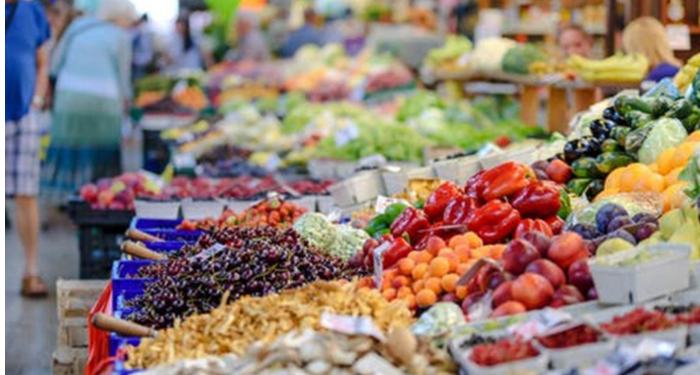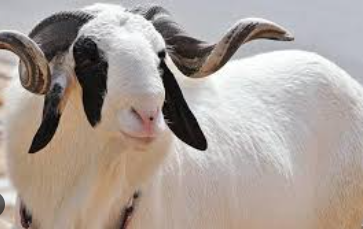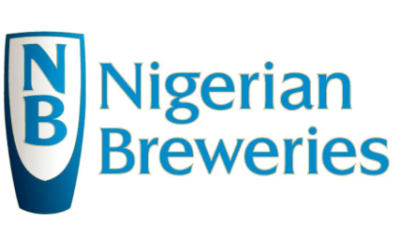Oyo state has unseated Lagos to become the second most expensive state in Nigeria in February, with an all-items inflation rate of 36.60 per cent per cent in February 2024, a significant increase from January’s 34.58 per cent.
The food inflation rate is higher at 40.30 per cent, increasing from January’s 37.22 per cent, which means that food is a major driver of inflation in this state.
As usual, Kogi tops the chart as the most expensive state in Nigeria in February 2024. It recorded an all-items inflation rate of 37.98 per cent from 35.78 per cent in January of the same year.
However, the food inflation rate rose to 46.32 per cent, from the previous month’s 44.18 per cent. Kogi also has the highest food inflation in Nigeria.
Bauch trailed third, reporting an all-items inflation rate of 35.62 per cent in February 2024, marking an increase from January’s 32.37 per cent. Food inflation rate is lesser at 31.46 per cent, but higher compared to January’s 28.83 per cent.
Kwara State also makes the list with an all-items inflation rate of 35.50 per cent in February 2024, a significant increase from 29.79 per cent recorded in January 2024.
Food inflation is higher at 43.05 per cent, a notable uptick from January’s 40.87 per cent, indicating a growing trend of increased living expenses, especially related to food.
River State maintained the 5th spot with a 35.42 per cent inflation rate in February 2024, an increase from the 32.74 per cent recorded the previous month.
READ ALSO: Just in: Nigeria’s inflation rate hits 31.70% in February
Food inflation is higher at 44.34 per cent, an increase from January’s 40.08 per cent, suggesting that food is a major driver of inflation in this state.
On the 6th position is Osun state with an all-items inflation rate of 34.39 per cent in February 2024, a notable increase from 32.31 per cent in January 2024. Food inflation increases from 39.71 per cent in January 2024 to 41.88 per cent by February.
Ebonyi State maintains its 7th position as all-item inflation stands at 34.28 per cent in February 2024. This figure represents a significant increase from January’s 32.36 per cent.
Also, the food inflation in the state is at 41.63 per cent, higher than the 39.14 per cent recorded in January 2024, emphasizing the significant role of food prices in the state’s inflation dynamics.
Abia takes up the 8th position in February 2024, reporting an all-item inflation rate of 34.33 per cent, up from 33.00 per cent in January 2024.
The food inflation rate stands at 41.04 per cent, a substantial jump from 39.57 per cent in January 2024, underscoring the pivotal role of food in driving inflation in Abia State.
In the 9th position, Ondo has an all-item inflation rate of 33.96 per cent in February 2024. A comparison with January 2024 figures reveals an increase from 32.33 per cent.
Furthermore, the food inflation in the state stands at 41.42 per cent, reflecting a marginal rise from 39.59 per cent recorded in January 2024.
Leaving its spot as the third most expensive state in Nigeria in January 2024, Akwa Ibom settled at the 10th position on the list in February 2024, with an all-items inflation rate of 33.94 per cent, an increase from the previous month’s figures of 33.16 per cent.
Food inflation rate rose to 41.44 per cent, from 39.96 per cent in January 2024, which means food prices drive inflation in the state.
The latest report from the National Bureau of Statistics (NBS) has put the nation’s inflation rate at an almost all-time high of 31.7 per cent in February 2024, underscoring the severe economic pressures reshaping the cost of living across the country.

 Health5 days ago
Health5 days ago
 Entertainment7 days ago
Entertainment7 days ago
 Crime6 days ago
Crime6 days ago
 Education1 week ago
Education1 week ago
 Health1 week ago
Health1 week ago
 Comments and Issues6 days ago
Comments and Issues6 days ago
 Football7 days ago
Football7 days ago
 Latest6 days ago
Latest6 days ago













